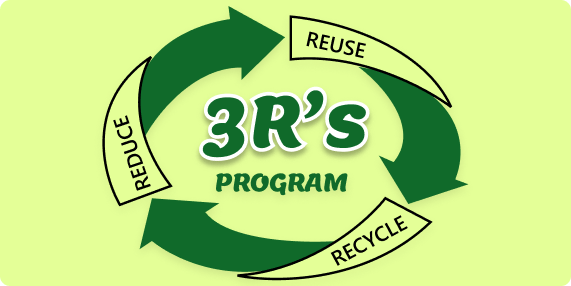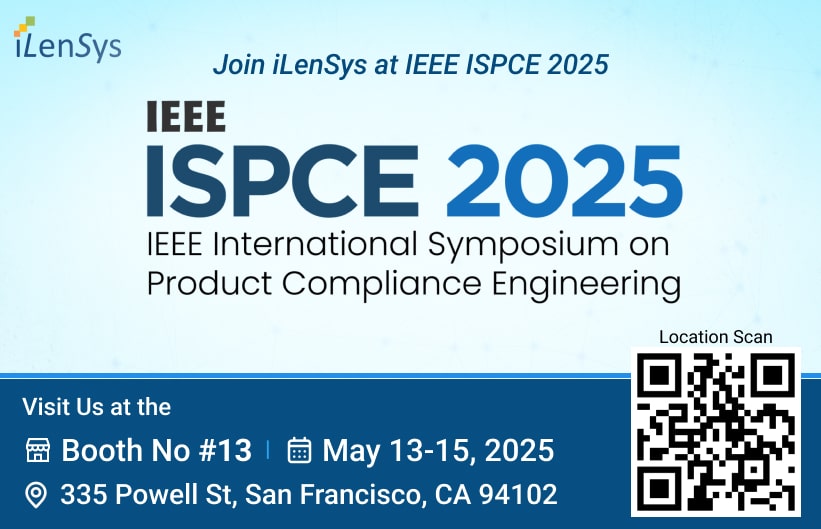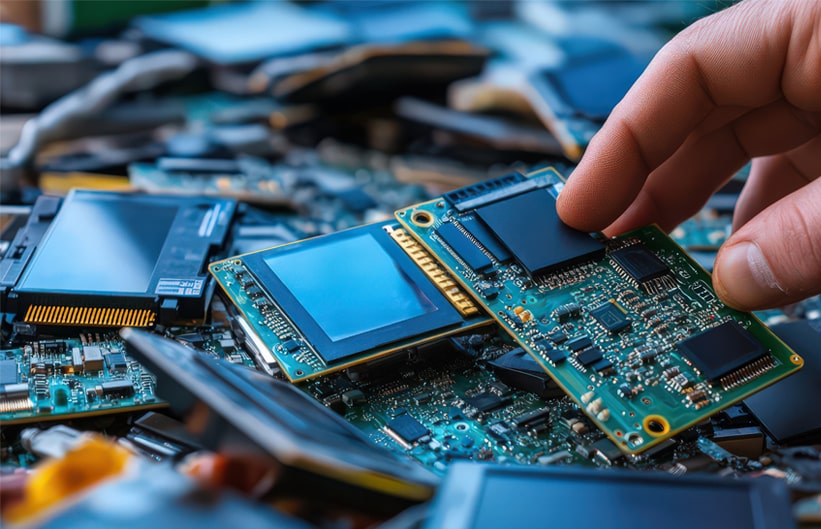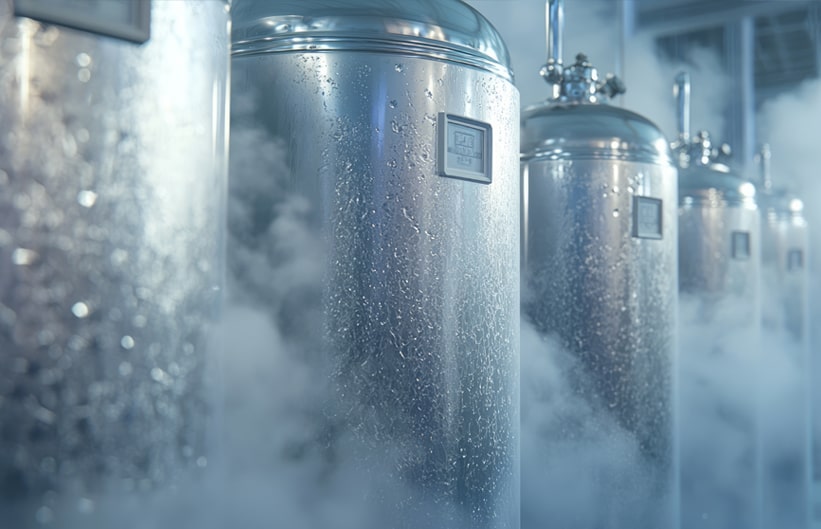Overview

Introduction to Japan RoHS
Japan's approach to managing hazardous substances in electrical and electronic equipment (EEE) aligns with global efforts to enhance environmental protection and consumer safety. The Japan RoHS, formally known as the J-Moss or the Green Mark Labeling Guidelines, stems from Japan's Law for Promotion of Effective Utilization of Resources. Instituted to control the use of specific hazardous substances, Japan RoHS sets a precedent for responsible manufacturing and recycling within the industry. It is currently distributed for a fee by JEITA, which can be obtained by filling out the
application form for the Green mark or by contacting JEITA at Greenmark@jeita.or.jp.
The Essence of Japan RoHS
Japan RoHS, underpinned by the Japanese Industrial Standards (JIS) C 0950, mandates the marking of six hazardous substances in EEE. This standard not only facilitates transparency but also promotes the eco-friendly design and recycling of electronic products. Established in December 2005 and subsequently revised, JIS C 0950 embodies Japan's commitment to minimizing environmental impact and fostering sustainable development.


Scope and Restricted Substances
The regulation precisely defines the hazardous substances subject to restrictions, including lead, mercury, cadmium, hexavalent chromium, polybrominated biphenyls (PBB), and polybrominated diphenyl ethers (PBDE), setting concentration limits to ensure safety. Japan RoHS's scope encompasses a variety of EEE, from personal computers to household appliances, underscoring a broad commitment to reducing hazardous materials in consumer products.

Compliance and Marking Requirements
Japan RoHS distinguishes compliant products through the use of green marks, signaling adherence to substance restrictions. Non-compliant products require orange marks and detailed disclosure of hazardous substance content on product websites and in catalogues, enhancing consumer awareness and safety.


Formulae and Compliance Strategies
The regulation advocates for self-declaration and, where necessary, verification by accredited labs to confirm compliance. This process emphasizes the importance of detailed substance analysis and transparent communication with consumers and recyclers in Japan, ensuring that products meet the established safety standards.
Exemptions and Enforcement
Japan RoHS acknowledges certain exemptions, allowing for specific uses of restricted substances under controlled conditions. Enforcement of the regulation is carried out by the Japanese Ministry of the Environment, with non-compliance leading to potential penalties, including fines, product recalls, or even legal action, highlighting the critical nature of adherence to the guidelines. Please go through this https://www.iaeg.com/binaries/content/assets/iaeg/wg9/rohs-regulatory-alert/japan_rohs-regulation_jis-c-0950_english.pdf for complete exemption list.


















